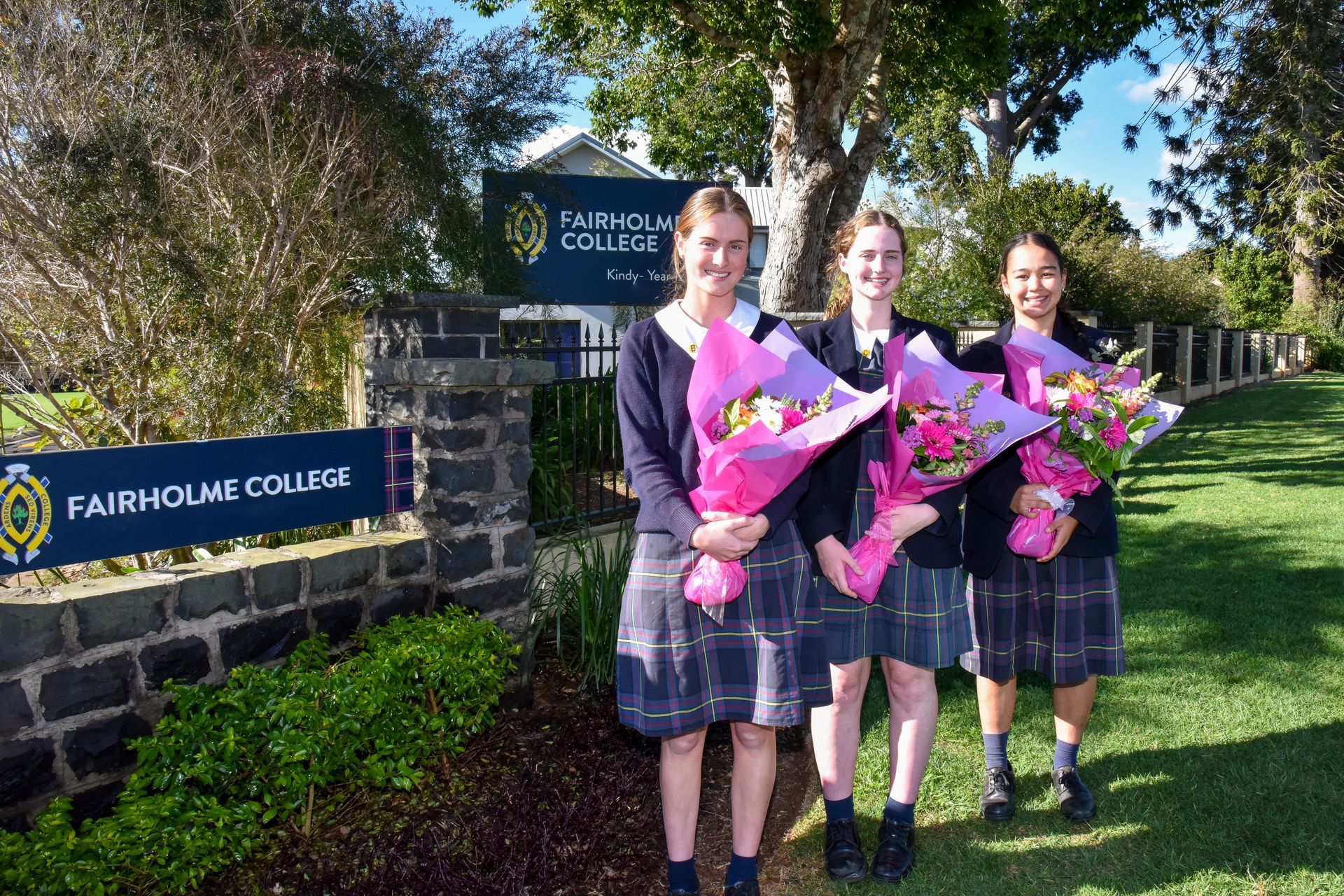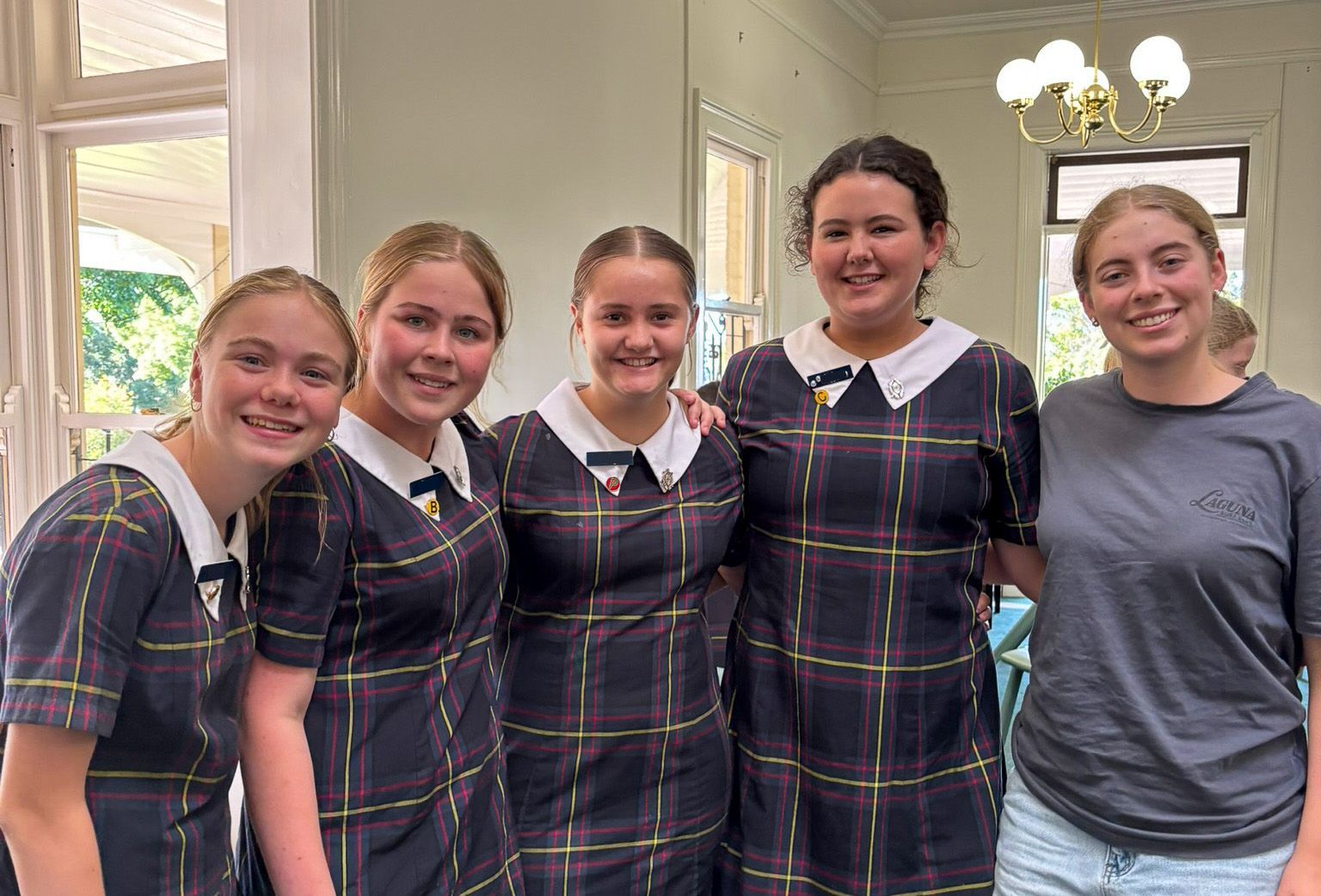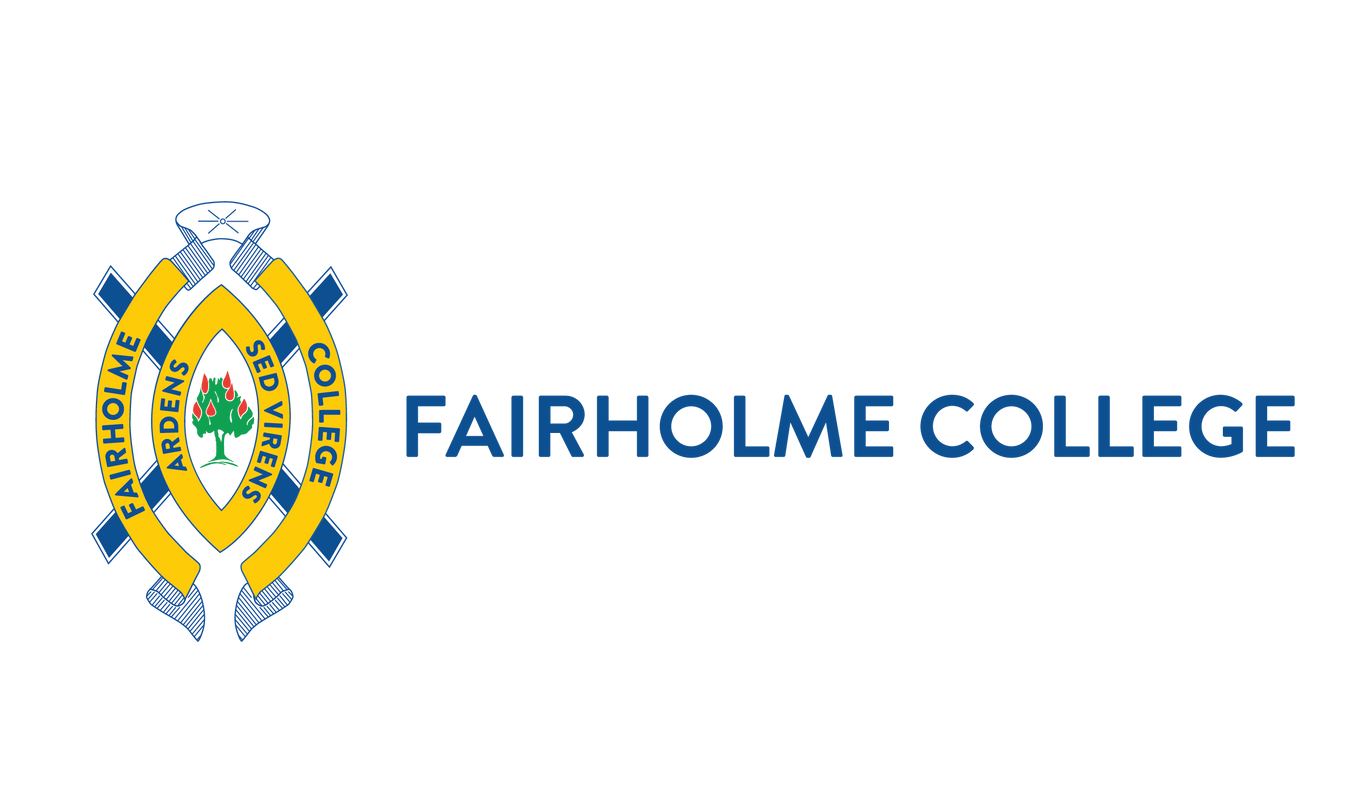Accountability or Responsibility?
“There's no word for accountability in Finnish. Accountability is something that is left when responsibility has been subtracted.” Finnish Education Minister
“Accountability is done to you. It’s done by those who want to create blame. Responsibility is done by you. It’s voluntary. You can take as much [responsibility] as you want.” (Seth Godin)
In her article ‘5 Simple Ways to Teach your Son about Accountability,’ Cavalot (2020), captures that parenting moment with which we are all familiar:
“I only hit him because he called me an idiot.”
“I only called him an idiot because he broke my toy!”
Cavalot writes, ‘this game is not fun. It can go on forever. And no one ever wins.’ Undeniably, this scenario may render itself differently with daughters or be dependent upon the age of participants, but the essence of the blame game is unaltered: it’s about deflection of personal responsibility. Of course, this is not a skill, or a defect only associated with childhood, this practice re-emerges in adults too. Consequently, that is why the explicit modelling of responsibility needs to start with us as parents and teachers so that our children or students learn to accept not deflect the impact of their behaviour. More easily said than achieved, it would seem.
On topic, I read an online article a few weeks ago, titled ‘Players urged to ditch mates after Cameron Munster, Brandon Smith video emerges.’ What followed was a discussion of a post-end of season party involving Melbourne Storm players which hit social media and included advice of those ‘in the know’ as to how to avoid becoming the subject of public scrutiny.
Allegedly these two players were caught on film taking drugs. Within the article were phrases like, ‘You’ve got to be very careful who you surround yourself with,’ ‘…it’s always the other people around them that are getting them into trouble, not themselves,’ and, ‘Why take that risk? You’ve got a whole life after football to do whatever you like. You can go back into … society and do what you want, but while you’re a professional footballer, understand that there are people out there that are out to get you.’
When I read the article, I was propelled back to the scenario Cavalot (2020) had painted about her sons deflecting responsibility for their actions. This football article was redolent with deflection. Nowhere in the article was a suggestion that the choice to use drugs has consequences, irrespective of social status or employment type. Nowhere in the article was a suggestion that as public figures there is greater responsibility to act lawfully. Nowhere in the article was a suggestion of whether this was the right thing to do or the wrong thing to do. Focus was firmly on blaming the person who filmed and shared the incident – the person who should have said, apparently, ‘hey fellas you are doing the wrong thing.’ There is no doubt that illicit filming and sharing of that which occurs privately bears its own ethical transgressions but that is not the point of this reflection.
The undertone of the article seemed to represent the alleged offenders, those that sign a player code of conduct as part of their contractual obligations, as victims. Not only were they constructed as victims, but the blame was directed everywhere else. I failed to read accountability or responsibility for choice, anywhere. Rather, I read, do what you want but choose who you are with, when you do so. Further, if you get caught, it’s not your fault, it’s the fault of the people who you are with. Whether it takes a code of conduct to impel us in our lawful, moral or ethical choices – such codes exist. They are the written and unwritten laws that bind us to behave in particular ways. When we transgress, who is responsible? Michael Grose (2019) a prolific writer on parenting encapsulates this in such simple terms:
“When you muck up, you make up.” Goal: Responsibility
“How will you fix this?” Goal: Restoring relationships
“You need to do what’s right, not what’s easy.” Goal: Integrity
Katherine Reynolds Lewis, author of ‘The Good News About Bad Behavior’, spent five years researching how kids mess up, and how [parents] can help them learn to handle those failures, which ultimately will set them up for success. She writes of the long path of parenting and the need to project into adulthood, to 20 years from now. Lewis asks, ‘in 20 years, will it matter more that your child got an A on a test, or learned the value of hard work?’ (cited in Struck, 2019). Cavalot (2020) reminds that facing mistakes or accepting disappointments instead of blaming others is a tough lesson for children and for parents – some never learn it. Sometimes we just learn how to deflect responsibility, how to blame others and how to avoid shame.
To whom and to what are we responsible? How do we learn it? First and foremost, we learn from our parents: the most powerful force on earth. Yet again, it’s starts with our example. Indeed, holding children responsible for their actions is one of the important ways we teach them so that they can become responsible adults. In this sense, it is more important to hold children responsible than adults.
Dr Linda Evans | Principal
References
Cavalot, B. (2021). 5 simple ways to teach your son about accountability ›
Grose, M. (2019). The language of independence building › 11 February 2019. Parenting Ideas.
Naghten, T. (2021). Players urged to ditch mates after Cameron Munster, Brandon Smith video emerges ›
Struck, J. (2019). Accountability in Parenting › March 4, 2019
More News…







